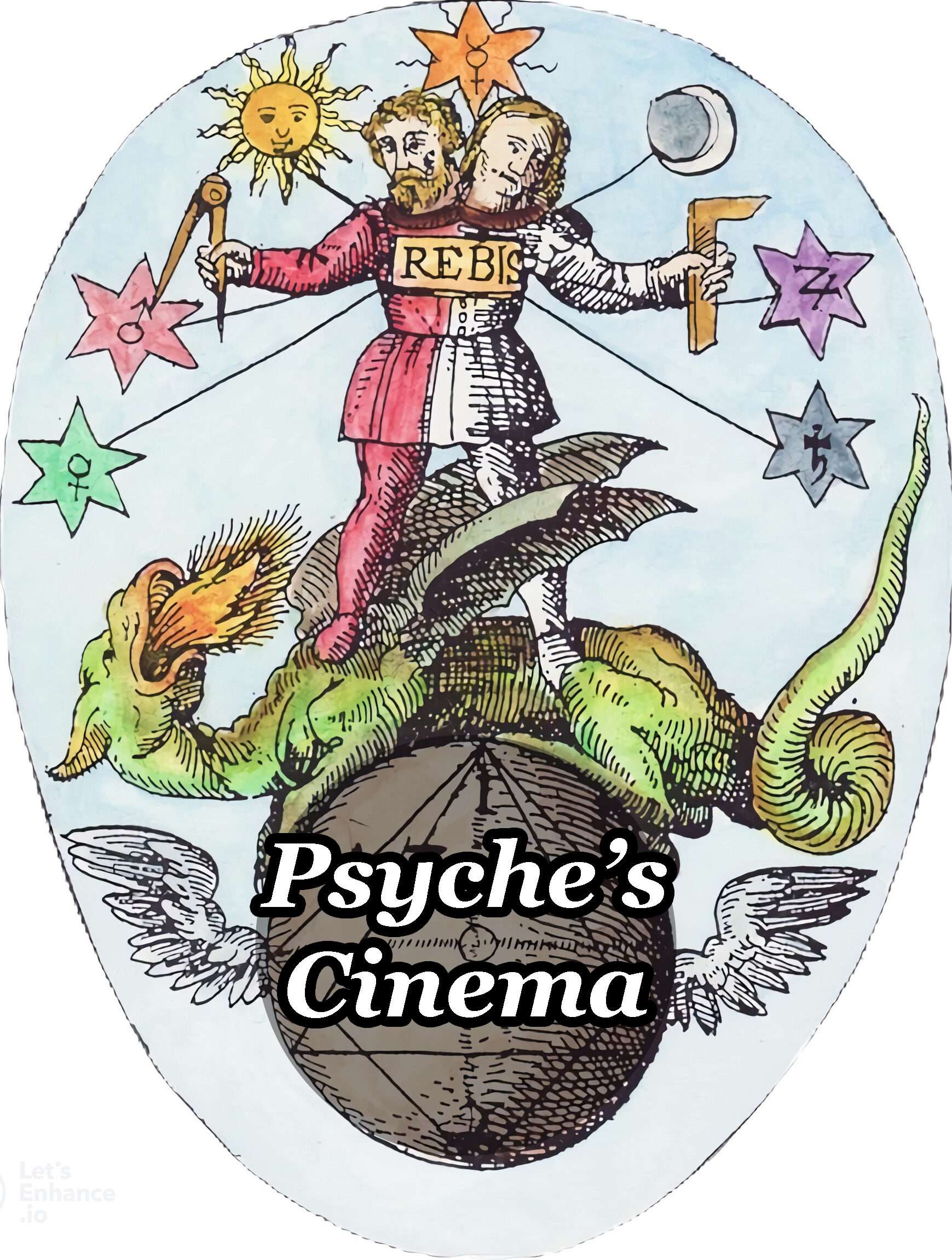I left the Catholic Church 40 years ago. I have been studying Depth psychology and Jung’s work ever since. Now I find myself back in a lovely Catholic community. It’s been hard. I feel very alone in my view of “reality.” I feel overwhelmed and confused about how I can share my own “good news.” The good news of how shadow work frees me. How discerning my true calling – through working with my dreams, symptoms, and emotions – benefits us all.
Too often, I’ve chosen to stay silent since my early attempts at explaining myself have been met with blank stares. I’ve taken to keeping my thoughts to myself – translating the Catholic symbolism through a Jungian lens, and enjoying what I experience. But a recent Mass has propelled me to try to write about this also. (My dreams seem to be agreeing with this).
Last week Fr. X read the third reading – Matthew 22:1-14 -the parable of the Wedding Feast.
“The kingdom of heaven may be likened to a king
who gave a wedding feast for his son.
He dispatched his servants
to summon the invited guests to the feast,
but they refused to come.
A second time he sent other servants, saying,
‘Tell those invited: “Behold, I have prepared my banquet,
my calves and fattened cattle are killed,
and everything is ready; come to the feast.”’
Some ignored the invitation and went away,
one to his farm, another to his business.
The rest laid hold of his servants,
mistreated them, and killed them.
The king was enraged and sent his troops,
destroyed those murderers, and burned their city.
Then he said to his servants, ‘The feast is ready,
but those who were invited were not worthy to come.
Go out, therefore, into the main roads
and invite to the feast whomever you find.’
The servants went out into the streets
and gathered all they found, bad and good alike,
and the hall was filled with guests.
But when the king came in to meet the guests,
he saw a man there not dressed in a wedding garment.
The king said to him, ‘My friend, how is it
that you came in here without a wedding garment?’
But he was reduced to silence.
Then the king said to his attendants, ‘Bind his hands and feet,
and cast him into the darkness outside,
where there will be wailing and grinding of teeth.’
Many are invited, but few are chosen.”
Fr. X began his homily. He hated this story. It presented the “old God” – the God that “many of us are working to unlearn.” He then abandoned the story and went to talk about the first reading, a friendly reassurance from Isaiah.
Too bad. While we could read this parable as relating to the concerns of the early church (are the Gentiles invited to this faith?) another approach might be to read it as a rich fairy tale or dream. A dream or fairy tale doesn’t present what might be, but what IS our reality. In the case of this parable – we reject the promises of abundance in our world. We’re skeptical of goodness. We’re “realistic” about the demands made by our individualistic society. The dream of the Kingdom of God – sharing all our resources, giving up on the need to watch out primarily for our small family tribe, feels impossible.
So we reject the feast. And we suffer. To Fr. X, the big, bad God-King of the story is an irrational brute. But we ourselves bind our hands and feet when we refuse the invitations of greater life.
Approached this way, this parable is mystical. And like other mystical messages, my Ego wants to push it away. Perhaps that’s why, like dreams and fairy tales, the story gets gruesome. It wants to get my attention. Even then, it’s easy to push it away.

